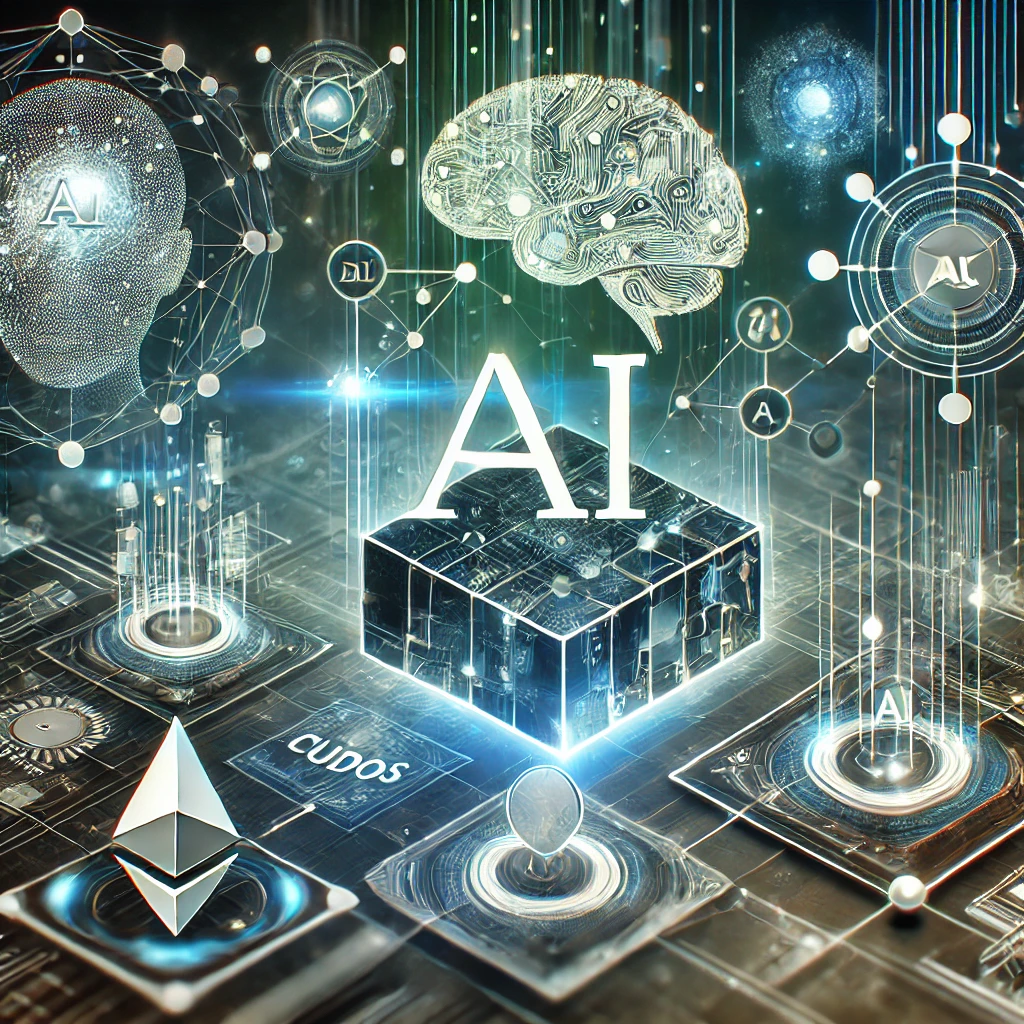Tackling AI Challenges in Decentralized Computing: How CUDOS and ASI Lead the Way
 Denys Hriaznov
Denys Hriaznov
Decentralized computing and artificial intelligence (AI) are emerging as a powerful combination that promises to reshape industries and redefine social dynamics. However, deploying AI at scale within decentralized networks presents significant challenges. From data privacy concerns to security risks, and scalability bottlenecks to interoperability hurdles, the list of obstacles is considerable. Fortunately, CUDOS, in partnership with the Artificial Superintelligence Alliance (ASI), is positioning itself to overcome these challenges and pave the way for decentralized AI innovation.
Key AI Challenges in Decentralized Systems
AI relies heavily on data processing, compute power, and system integration—all areas where decentralized systems face challenges. Below are the main hurdles:
1. Data Privacy: AI models need access to massive datasets, but ensuring privacy within decentralized environments is complex. Data spread across nodes creates vulnerabilities, making privacy-preserving measures crucial.
2. Security: Decentralized systems naturally distribute data and workloads, which can increase exposure to attacks. Ensuring AI models and data are secure is a significant challenge.
3. Scalability: AI models, especially those used for tasks like natural language processing or computer vision, demand immense computing power. Traditional decentralized infrastructures often struggle to offer the required scalability.
4. Interoperability: AI innovation thrives on the exchange of data and models, but fragmented decentralized networks can hinder seamless integration. Establishing standards and protocols is essential for enabling cooperation across systems.
How CUDOS and ASI Are Solving These Issues
Data Privacy and Security: CUDOS prioritizes data privacy by providing tools for secure data sharing and storage. With the integration of ASI's expertise, advanced security measures are implemented to guard against data breaches, while also ensuring compliance with privacy standards.
Scalable Computing Power: By aggregating unused computing resources from across the globe, CUDOS offers a decentralized cloud platform that is cost-effective and scalable. This approach allows AI models to train and deploy efficiently, without the prohibitive costs of traditional cloud services. Furthermore, ASI contributes additional computational resources, ensuring that even the most complex AI workloads are handled seamlessly.
Interoperability and Integration: One of CUDOS' core focuses is enabling interoperability across various blockchain ecosystems. This interoperability ensures that AI applications are not restricted to a single network, facilitating more robust collaboration and data-sharing opportunities.
The Power of the CUDOS-ASI Alliance
The strategic partnership between CUDOS and ASI not only strengthens decentralized AI capabilities but also creates a robust ecosystem for growth and innovation. With ASI's deep knowledge of AI research and implementation, CUDOS enhances its platform to:
Accelerate Innovation: By combining decentralized infrastructure with cutting-edge AI research, CUDOS and ASI can accelerate the development of new technologies and applications.
Enhanced Security Protocols: ASI's AI expertise helps CUDOS enhance its security measures, providing state-of-the-art safeguards against evolving threats.
Expanded AI Services: The partnership extends CUDOS' capacity to offer a broader range of AI services, making it easier for developers to build, train, and deploy custom AI models.
This powerful collaboration between CUDOS and ASI lays the foundation for a future where decentralized computing and AI go hand in hand, offering scalable, secure, and privacy-preserving solutions that benefit both individuals and enterprises.
For more insights into how CUDOS is transforming decentralized AI, visit CUDOS and learn more about ASI.
Subscribe to my newsletter
Read articles from Denys Hriaznov directly inside your inbox. Subscribe to the newsletter, and don't miss out.
Written by
